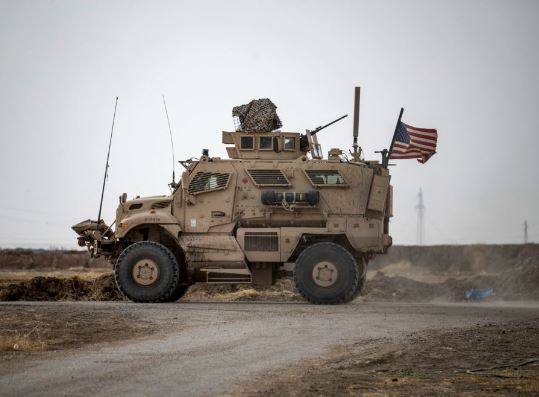US Involvement in Yemen: A Complex Stance Amidst Calls for De-escalation

The United States’ recent military actions against Yemen’s Houthi rebels have sparked a debate over its role in the Middle East, particularly in light of its simultaneous calls for de-escalation in the region. This duality in the U.S. approach presents a complex and often contradictory stance in international affairs.
The Recent US Military Action
The U.S. has been actively involved in the conflict in Yemen, primarily supporting Saudi-led coalition efforts against the Houthi rebels. The recent U.S. attacks on Houthi positions are seen as a continuation of this policy. However, these actions come at a time when the U.S. is ostensibly advocating for reduced tensions and peaceful resolutions in the Middle East.
The Dichotomy of US Foreign Policy
This situation highlights a critical dichotomy in U.S. foreign policy. On one hand, the U.S. calls for peace and stability in the Middle East. On the other, it engages in military actions that can be seen as escalating conflicts. Critics argue that this dual approach undermines the credibility of the U.S. as a peace broker in the region.
The Impact on Regional Dynamics
The U.S. military actions in Yemen have significant implications for regional dynamics. They affect not only the immediate conflict in Yemen but also broader geopolitical relationships, particularly with Iran, which is seen as a key supporter of the Houthi rebels. This situation complicates the already intricate power play in the Middle East.
The Humanitarian Aspect
Beyond the political and military dimensions, there is a profound humanitarian aspect to the conflict in Yemen. The country faces one of the worst humanitarian crises in the world, exacerbated by ongoing military actions. The U.S. involvement in the conflict, therefore, raises questions about its commitment to humanitarian principles.
Looking Forward
As the U.S. continues to navigate its role in the Middle East, the situation in Yemen presents a challenging test of its foreign policy objectives. Balancing strategic interests with a commitment to peace and humanitarian values remains a complex and contentious task for U.S. policymakers.





